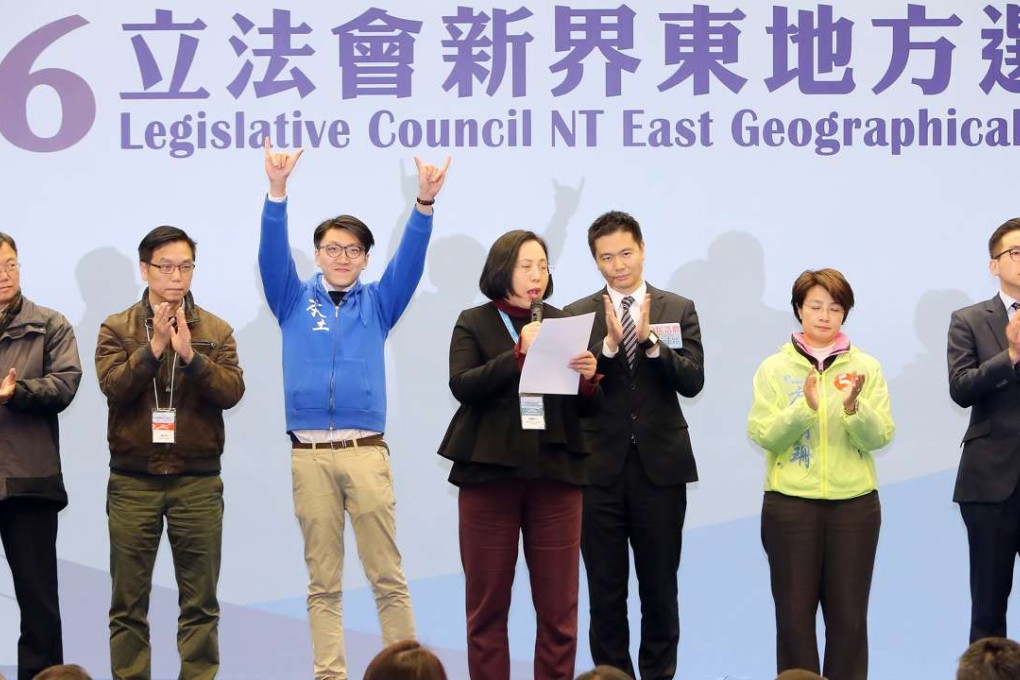Lawyers question power of returning officers to disqualify Hong Kong poll candidates
Subjective decisions by civil servants amount to political censorship and screening, legal experts argue

The raging controversy over eligibility for the Legislative Council elections boils down to whether returning officers have the power to investigate the “genuineness” of candidates’ declarations and accordingly disqualify their bids.
There are also doubts as to whether the officers who disqualified six pro-independence candidates bypassed an independent committee tasked to provide legal advice on the validity of nominations.
The role of these officers has been challenged in a joint statement by all 30 legal sub-sector members of the 1,200-strong Election Committee, which is responsible for choosing Hong Kong’s chief executive. Among them – all members or supporters of the pan-democratic camp – are former Bar Association chairmen Edward Chan King-sang SC and Philip Dykes SC.
Section 40 of the Legislative Council Ordinance only requires a candidate to sign a declaration stating that he or she will uphold the Basic Law, they wrote in the statement issued yesterday.
“[The ordinance] does not give the returning officer any power to inquire into the so-called genuineness of the candidates’ declarations, let alone making a subjective and political decision to disqualify a candidate without following any due process on the purported ground that the candidate will not genuinely uphold the Basic Law.”